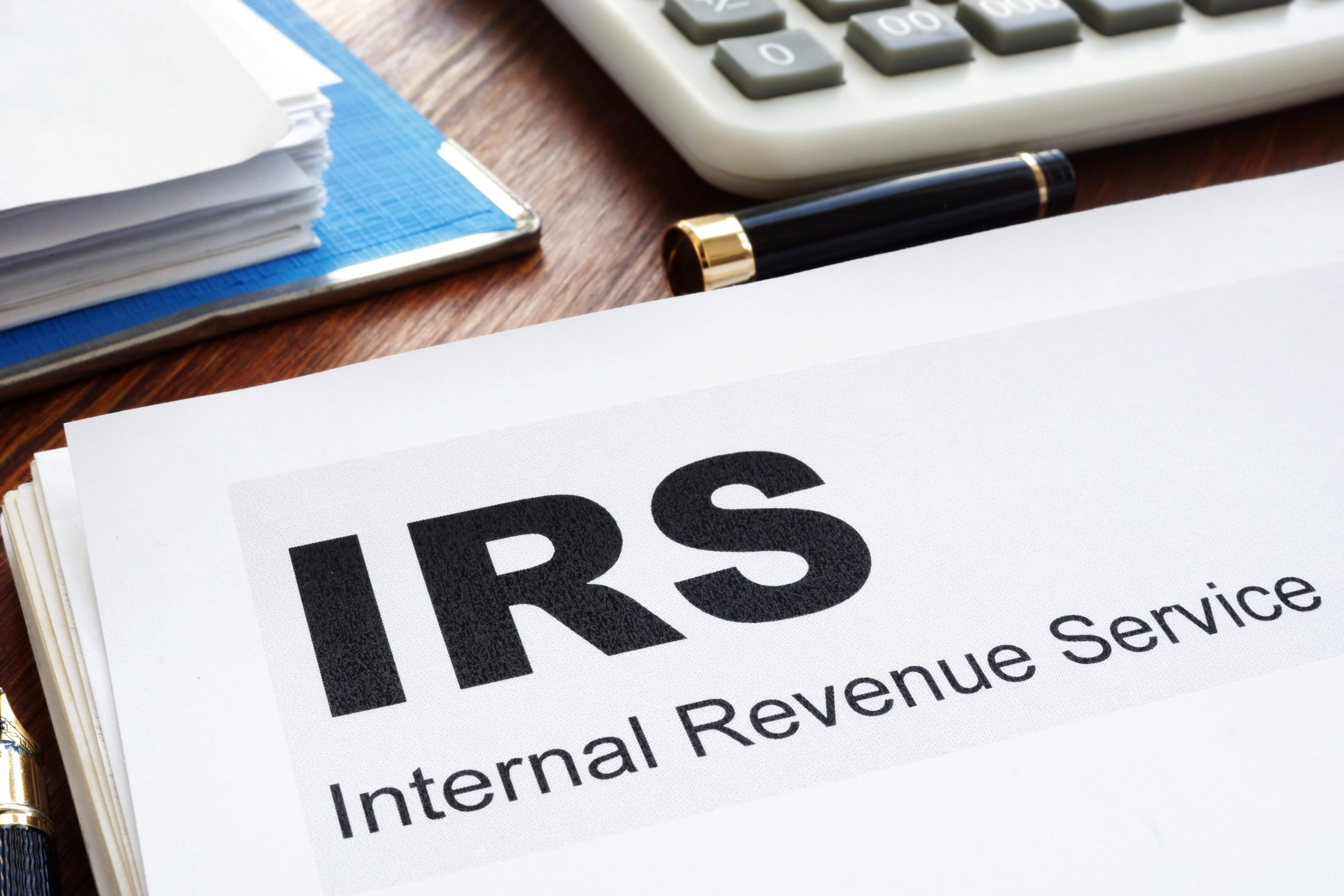
The American Bar Association Tax Section’s Exempt Organizations Committee held an Exempt Organizations Symposium virtually on September 8, 2022. We’ll publish some highlights in multiple posts starting with this one.
Subcommittees on Political and Lobbying Activities of Exempt Organizations and Religious Organizations
Family Research Council (FRC) obtained recognition of church status by the IRS. Churches are 501(c)(3) organizations that are subject to the requirements of 501(c)(3), including the prohibition against political campaign intervention, but are exempt from filing the Form 990 and disclosing compensation information. Ministers are also not subject to the IRC 4960 excise tax for excessive executive compensation. See the following articles from Pro Publica regarding the issues that were identified with the FRC classification as an association of churches:
Right-Wing Think Tank Family Research Council Is Now a Church in Eyes of the IRS
A Right-Wing Think Tank Claimed to Be a Church. Now, Members of Congress Want to Investigate.
The IRS has been examining churches for tax law compliance. If the IRS proposes an adverse determination regarding a church, the IRS believes that the church does not have a right to the appeals process available to other 501(c)(3) organizations. See IRC 7611(g)
Any final report of an agent of the Internal Revenue Service shall be treated as a determination of the Secretary under paragraph (1) of section 7428(a), and any church receiving such a report shall be treated for purposes of sections 7428 and 7430 as having exhausted the administrative remedies available to it.
In the March 24, 2022 Internal Revenue Manual (IRM) regarding Church Tax Inquiries and Examinations Under IRC 7611, it provides:
In cases subject to the declaratory judgment procedures under IRC 7428, IRC 7611(g) provides that any final report of an examiner is treated as a final adverse determination under IRC 7428(a)(1) and any church receiving such a report shall be treated for purposes of IRC 7428 and IRC 7430 as having exhausted the administrative remedies available to it. Thus, the IRS does not provide for administrative appeal and will not send a proposed adverse determination letter or “30 day letter,” but rather will send only the final adverse determination letter, “90 day letter,” with Form 4621-A, Exempt Organizations – Report of Examination (Proposed Status Changes).
How this provision is to be interpreted has been challenged.
The Federal Election Commission (FEC) published an Interim Final Rule on May 19, 2022 to conform its regulations regarding disclosure of donors to groups that make independent expenditures \with the decision in CREW v. FEC. Three Republican Commissioners issued their own interpretive and policy statement to clarify how they intend to enforce the applicable rules until the FEC promulgates an appropriate regulation.
News from the IRS, Treasury, and the Hill
Inflation Reduction Act of 2022 was signed into law on August 16, 2022, which, among other things, provides for $80 billion in funding to the IRS over the next 10 years, including roughly 50% allocated to enforcement. Exempt organizations are eligible for a direct-pay option for certain tax credits that encourage investment in clean energy.
Enhancing American Retirement Now (EARN) Act was proposed from the Senate, addressing retirement and savings issues. It would expand the exclusion from gross income for qualified charitable distributions from an IRA to certain distributions to a split-interest entity (charitable remainder trusts, charitable gift annuities).
Expired charitable deduction provisions may be extended: the nonitemizer charitable deduction and the increase in percentage limits for charitable contribution deductions. One provision of the Accelerating Charitable Efforts (ACE) Act regarding private foundation distributions to donor advised funds may also be passed due to the Administration’s support. See, e.g., Biden Proposes Measure to Deter Foundations From Skirting Distribution Rules by Giving to DAFs (Chronicle of Philanthropy).
The 2021-2022 Priority Guidance Plan (4th Quarter Update) includes a few exempt organizations-specific items including guidance revising Rev. Proc. 80-27 regarding group exemption letters (see Group Exemption Resources); guidance on circumstances under which an LLC can qualify for recognition under IRC 501(c)(3) (see IRB 2021-45); final regulations on supporting organizations (see proposed regulations published in 2016); and regulations under IRC 6104(c) regarding disclosure of information to state officials regarding exempt organizations (see final regulations – 8/16/22; IRS Loosens, and Tightens, Disclosure of Nonprofit Taxpayer Information, National Review).
Notice 2022-36 regarding penalty relief for failures to timely file Forms 990-PF and 990-T was released on August 24, 2022. This relief was provided because of the IRS backlog of tax returns and taxpayer correspondence. According to the notice, penalties will be automatically abated, refunded, or credited, as appropriate, without the need for a request by the taxpayer.
Form 990-N, beginning on August 1, 2022, must be filed using the IRS modernized authentication platform.
PMTA 2022-4, an internal memorandum from the Office of the Chief Counsel of the IRS, provides updated information on IRC 501(c)(6) business leagues that provide pension and health benefits to their members. It concluded that a business league’s activity of providing pension and health benefits of its members does not further IRC 501(c)(6) business league purposes. The activity of providing pension and health benefits to members is unrelated to the purpose or function constituting the basis for exemption of an IRC 501(c)(6) business league and results in unrelated business income within the meaning of IRC 512.